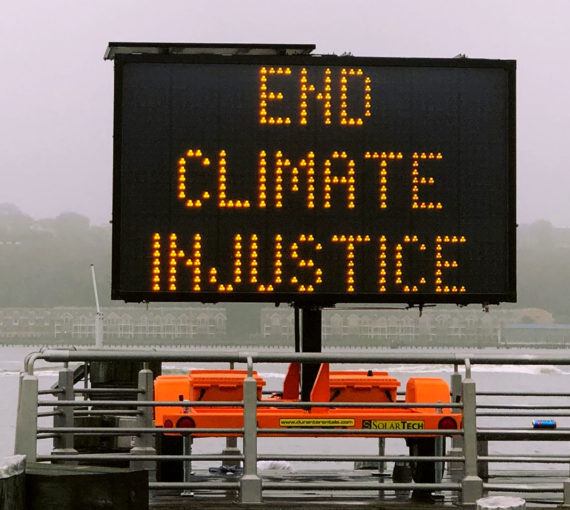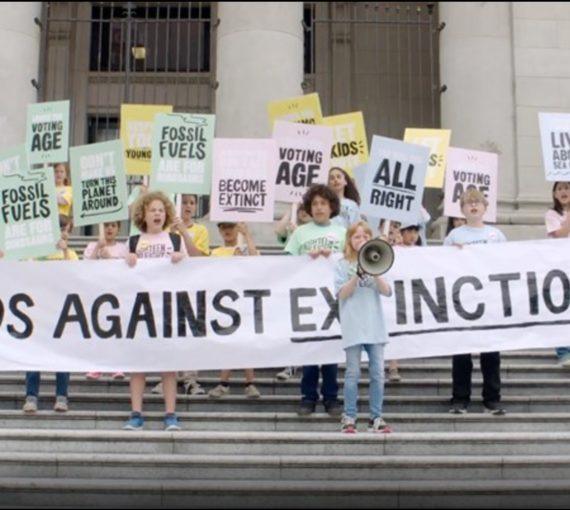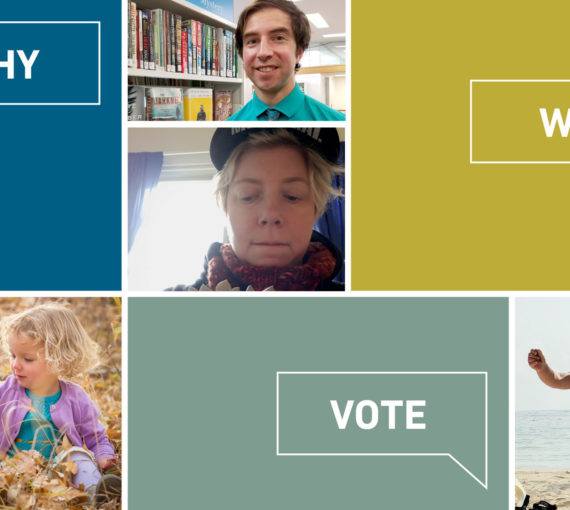
Whether or not you’re eligible to vote in this federal election, if you’re ready to roll up your sleeves to make a difference, we have put together this menu of options with different ways to get involved. (Photo: Keira Burton via Pexels)
The 2021 federal election has been called for September 20. That gives us only a small window of time to ensure voters are informed about where parties and candidates stand on key climate and environment issues and to encourage eligible voters to get out and vote. You can help!
Whether or not you’re eligible to vote in this election, if you’re ready to roll up your sleeves to make a difference, you can check out this menu we created of different ways to get involved.
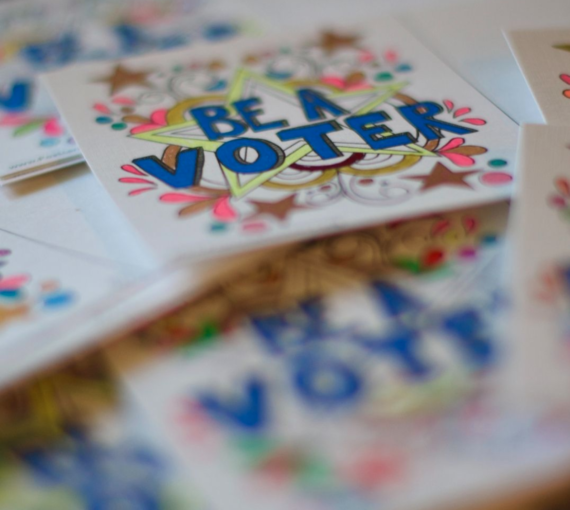
1. Find out where to go and what you need to vote
Election day is on Monday, September 20. To make the voting process easier, take a look at resources Elections Canada has provided explaining where you need to go and what you need to bring to the polls on election day. Make a plan to vote by getting a voting buddy, scheduling when you will go to the polls in your calendar and reading up on where parties stand on key environmental issues. Happy voting!

2. Find out where parties stand on key environmental issues
A healthy, functional democracy requires voters to educate themselves on the issues that matter most to them. If you’re passionate about solving the climate crisis, protecting and restoring nature and ushering in a new era of social justice and Indigenous rights, this page can help you decide who gets your vote on September 20.
To compare party platforms and see where they stand on key environmental issues, take a look at how they responded to key questions here.

3. Share to show you care
By simply spreading the message about why voting for a sustainable and resilient future matters, you are supporting the movement and inspiring others to do the same. You can spread the message by sharing “get out the vote” efforts online.

4. Volunteer for a candidate
If a candidate is aligned with your values and election priorities, you can become a campaign volunteer. With a broad range of activities like canvassing, phone-banking or research, you can help get an environmental champion elected.
As a charitable organization, we can’t endorse or promote any party or candidate or recommend specific volunteer opportunities.

5. Have conversations about what’s important to you this election
The election campaign period is an important time to have conversations about the issues that matter most to you with people that are normally less engaged and/or are less inclined to vote. Talk about your visions for a just and sustainable future, your election priorities and why voting matters.
People are more influenced by friends, family and peers than by experts, so your voice can be more powerful than ours! Talking about election issues can be contentious. To help you find common ground in your conversations, get coached by our climate conversation chatbot.

6. Shake Up the Establishment
Stay active this campaign even if you aren’t eligible to vote. Join the team of youth-led champions at Shake Up the Establishment and contribute toward educating the public on why climate and community priorities matter. With activities including public outreach, research and design, you have plenty of options to feed your passion for climate action and justice by signing up here.

7. Call your candidates or party leaders
The campaign season is the perfect time to get to know your candidates and party leaders. Call them up and ask about their commitments to issues you care about. You can talk about ways they may promote a green and equitable future or ask about the work they have already been a part of and will continue to support. To find out which candidates are running in your area, use this tool that Elections Canada has provided.
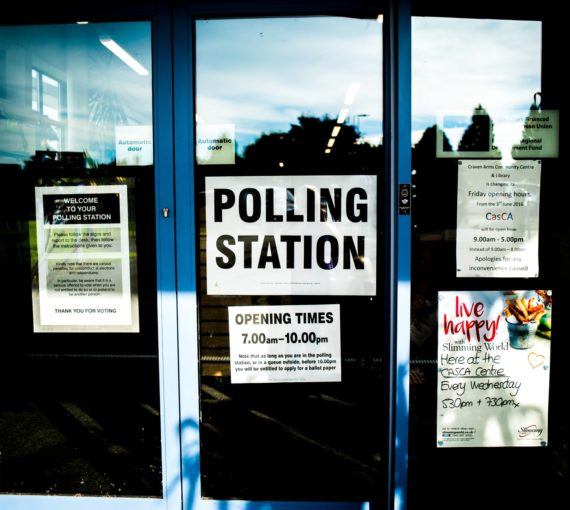
8. Work during the elections
Not sure how to be involved during the election day if you aren’t yet eligible to vote? Apply to work the polls. If you are a Canadian citizen over the age of 16, you can apply to help make sure that the polling stations are functioning smoothly.

9. Get involved with Future Majority
Future Majority focuses on amplifying the voices of young Canadians. If you or someone you know wants to push the youth vote and priorities this election, get involved with their efforts here.
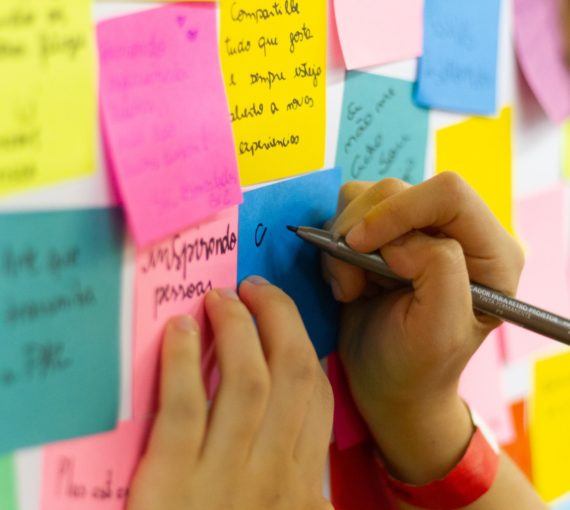
10. Write a letter to party leaders
The pre-written letter to party leaders demands action for a green and equitable future. By sending a letter, you are taking an important step by urging party leaders to respond to issues that are important to you and your community.
